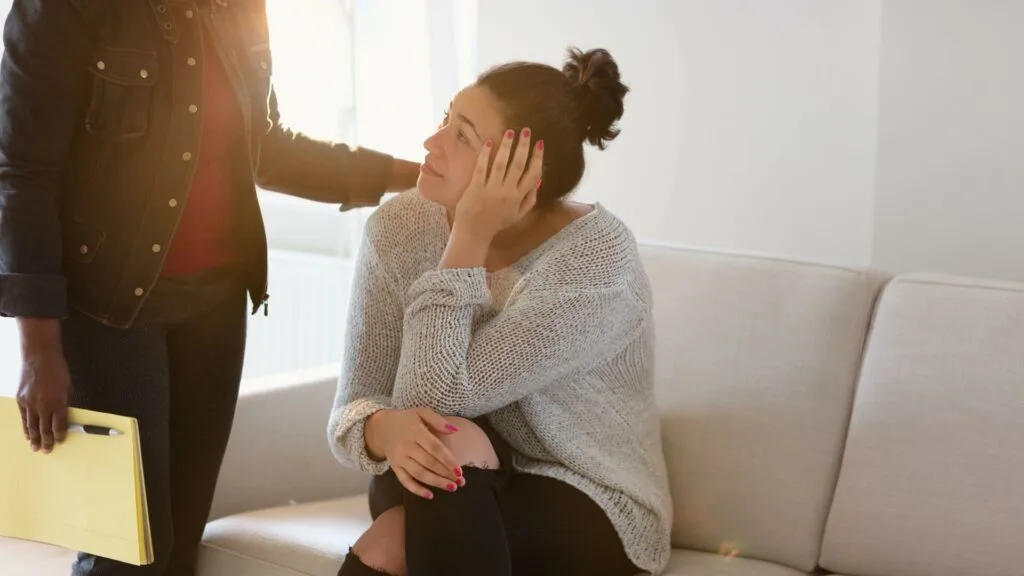When you talk to anyone about going to therapy, the chances are they’ll start singing its praises. These days, society just can’t get enough of this crucial mental health tool. In fact, around 55.8 million people in the US sought some kind of therapy last year.
Unfortunately, if therapy doesn’t hit the right spot for you, its popularity can also leave you feeling low. It works for everyone else, so are you just too broken to fix? Is there no hope of reaching the heady heights of therapy-induced self-realization?
Not necessarily. In reality, there are a wide range of reasons why therapy might not feel like a good fit right now. Turn things around by considering the following problems that could be holding you back.

Issue # 1 – The wrong therapy/therapist
We tend to refer to therapy as one category, but it’s actually very varied. Not only are there 198,811 therapists operating in the US right now but there are also different kinds of therapy depending on things like your preferences and needs.
If you get along with your therapist but aren’t feeling any benefits over time, consider whether you’re pursuing the right kind of therapy. Options most commonly include CBT, talking therapies, and IPT. In each instance, there’s a slightly different focus so, if you struggle in talking therapy, ask your therapist whether something like CBT might be a better fit.
Equally, don’t be afraid to swap therapists if you feel uncomfortable, or are struggling to make a vital connection. This, in itself, can help to break down any therapy-based barriers.
Issue # 2 – Not doing anything outside of sessions
It’s not enough to turn up to therapy without changing any other habits in your life. In reality, therapy works best alongside a variety of other positive changes. The specifics and degree of these changes will vary depending on your unique position.
For instance, if you have depression, therapy may work best alongside antidepressants. Equally, issues like anxiety may respond best to therapy if you also take steps like practicing meditation or using something like a premium THCA & THCP vape to calm your thoughts and help you feel better during any wobbles between sessions.
Even something as simple as practicing mindfulness more often can help you feel positive effects that you can then bring to each therapy session.
Issue # 3 – Expecting a quick fix
Expectations for a quick fix are perhaps the most common therapy-based setback. In reality, most therapies are offered in no less than 20-session chunks. That’s because these things take time.
Therapy isn’t like a medication – it won’t lead to improvements after the first dose. Hence why, if you’re struggling, you should also seek more immediate relief. However, therapy does have a snowball effect of improvement which, throughout your booked sessions, can provide a far more lasting turnaround than an option like medication typically will.
Therapy is popular for a good reason. Join the crowd by enjoying its benefits when you eliminate these potential setbacks.

Jessi is the creative mind behind The Coffee Mom, a popular blog that combines parenting advice, travel tips, and a love for all things Disney. As a trusted Disney influencer and passionate storyteller, Jessi’s authentic insights and relatable content resonate with readers worldwide.
